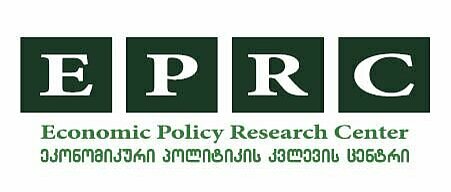Who Benefits from Trade Liberalisation with the EU: Insights from Moldova and Georgia
Who Benefits from Trade Liberalisation with the EU: Insights from Moldova and Georgia
with Julia Langbein (ZOiS Berlin), Denis Cenusa (Expert-Grup (Moldova) and Eastern Europe Studies Centre (Lithuania)) and Irina Guruli (EPRC,Tbilisi)
Through its new Eastern Partnership (EaP) beyond 2020 the EU aims to ‘deliver for all’. In economic terms, this objective translates into the promotion of inclusive economies that create opportunities and ensure prosperity for all citizens in the partner countries. Trade liberalisation is one of the tools the EU has available to promote inclusive economies. But how effective is it?
In a new ZOiS Report, Julia Langbein, Denis Cenusa and Irina Guruli have taken a closer look at the ownership structures of Moldova’s and Georgia’s top export sectors to the EU. Their analysis reveals a variety of effects, ranging from a) inclusive development, which benefits a broad range of economic actors, including small and medium-sized local enterprises (SMEs); through b) exclusive development, which benefits only a narrow group of economic actors, mainly big and foreign firms; to c) the consolidation of powerful oligarchic networks.
These findings hold important implications for the future governance of market integration in the context of the EaP.
Participants
- Julia Langbein is senior researcher at ZOiS Berlin and heads the research cluster ‘Political economy and integration’.
- Irina Guruli is Deputy Director at the Economic Policy Research Center (EPRC).
- Denis Cenusa is researcher at Expert-Grup (Moldova) and Eastern Europe Studies Centre (Lithuania).
- The authors will briefly present key insights, answer questions and discuss potential policy implications with participants.
In cooperation with


Contact
Anja Krüger
Communications Coordinator
events(at)zois-berlin.de